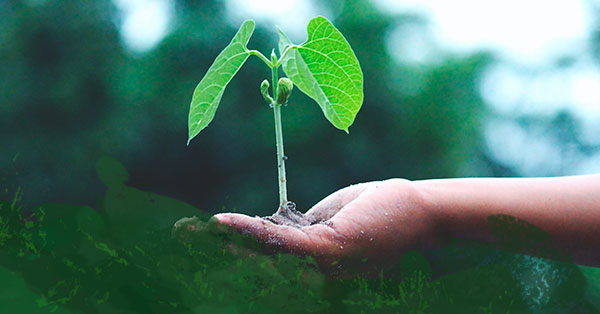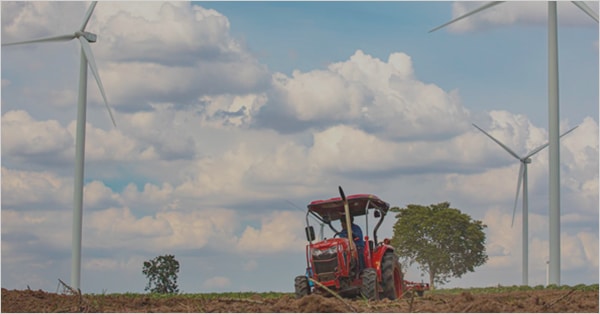
Carlos Arias, director of Public Credit at the Colombian Ministry of Finance, recently confirmed that Colombia would become the first government in Latin America to sell green bonds in the local market. Chile had previously issued green debt but in foreign markets.
The bond, whose framework preparation has received the technical support by the Inter-American Development Bank and the World Bank, is the second sovereign green bond in the region, and most importantly the first one to be issued in local currency in a domestic market.
The Ministry of Finance and Public Credit successfully auctioned $750 billion in peso-denominated Green TES with maturity in ten years (2031). As part of the operation, there was strong demand, with bids for $2.3 trillion, 4.61 times the amount initially called. The strong demand enabled the activation of over-allotment clauses of 50%, an additional $250 billion over the initially auctioned amount of $500 billion.
The so-called “green TES” will act as a “twin” of the peso-denominated national debt maturing in 2031 (TES), and will be subject to the same local regulations. Further auctions of green bonds could take place during October and November 2021.
In addition, the draft General Budget of the Nation (PGN) for 2022 plans to place another $2 trillion Colombian pesos through green TES.
As of July 2021, Colombia had adopted the Green Bond Framework, following international best practices on environmental benefits, sustainable financing, transparency and accountability to investors.
The portfolio includes 27 investment projects for up to $2 trillion Colombian pesos to be financed by the green bonds, classified in six categories: water management, use and sanitation, clean transportation, ecosystem services and biodiversity protection, non-conventional renewable energy sources, circular economy, and sustainable agricultural production adapted to climate change.
The country is making history in terms of its environmental commitments. “The operation is important because it allows us to accelerate compliance with the environmental goals outlined in the Development Plan and also the international commitments we have, for example, to reduce carbon emissions by 51% by 2030”.








 Stay updated on the latest trends of Green Finance
Stay updated on the latest trends of Green Finance

